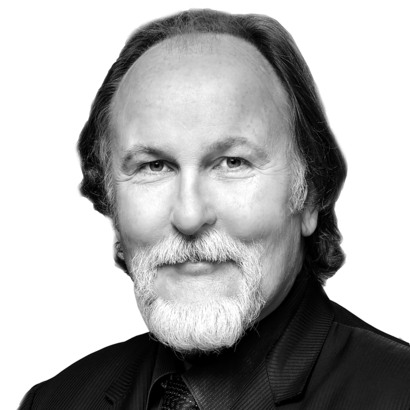The mythology of rock bands is full of contradictions, which have become fixed as the core audience for rock music has aged from adolescence to adulthood and now into old age. Many of the great bands balance two archetypes—for instance, the cerebral Pete Townshend and the working-class tough guy Roger Daltrey in the Who, or sunny blond flower child Robert Plant and dark-haired occultist Jimmy Page in Led Zeppelin. This allows self-serious fans to reject one while expressing devotion to the other. It is not uncommon to hear baby-boomers of a certain disposition say they can’t stand Mick Jagger, but they love the Rolling Stones because of Keith Richards. Fill in Bono and the Edge, or Paul McCartney and John Lennon.
Lennon complained, post-Beatles, that McCartney stepped into the role of schoolmaster after the group’s manager Brian Epstein died in 1967. Paul would summon the other three Beatles to the studio, announcing it was time to get back to work. Ringo Starr has joked that he and Lennon would be enjoying themselves at home when the phone would ring; they would look at each other and know it was Paul, calling to end their fun.


